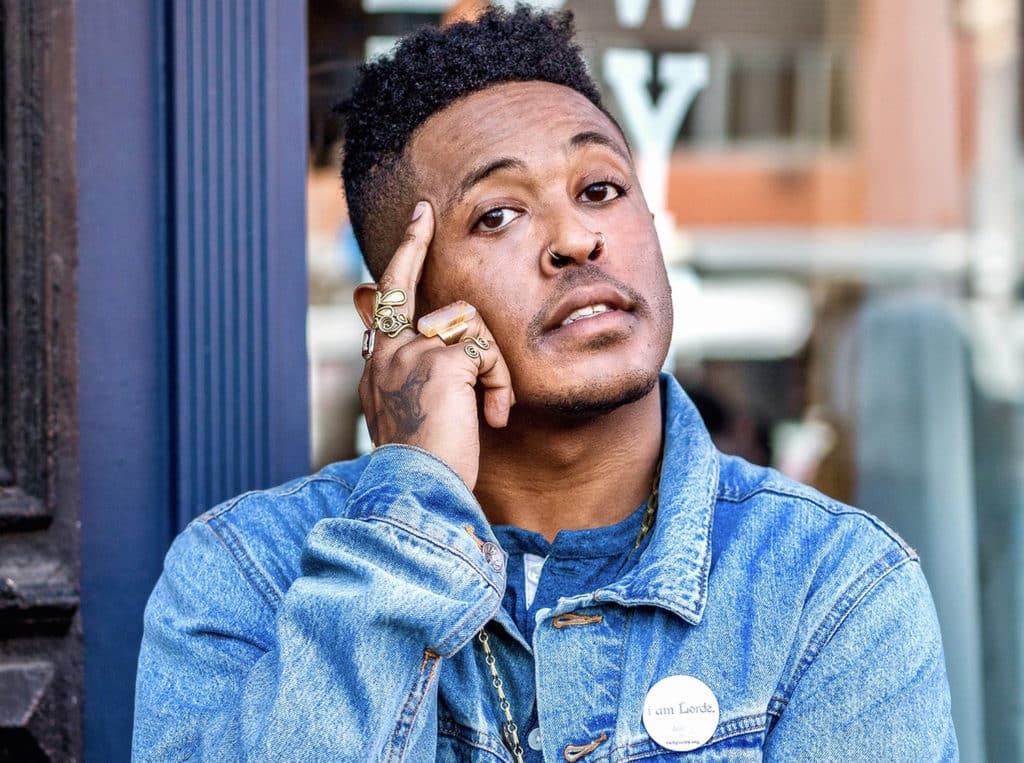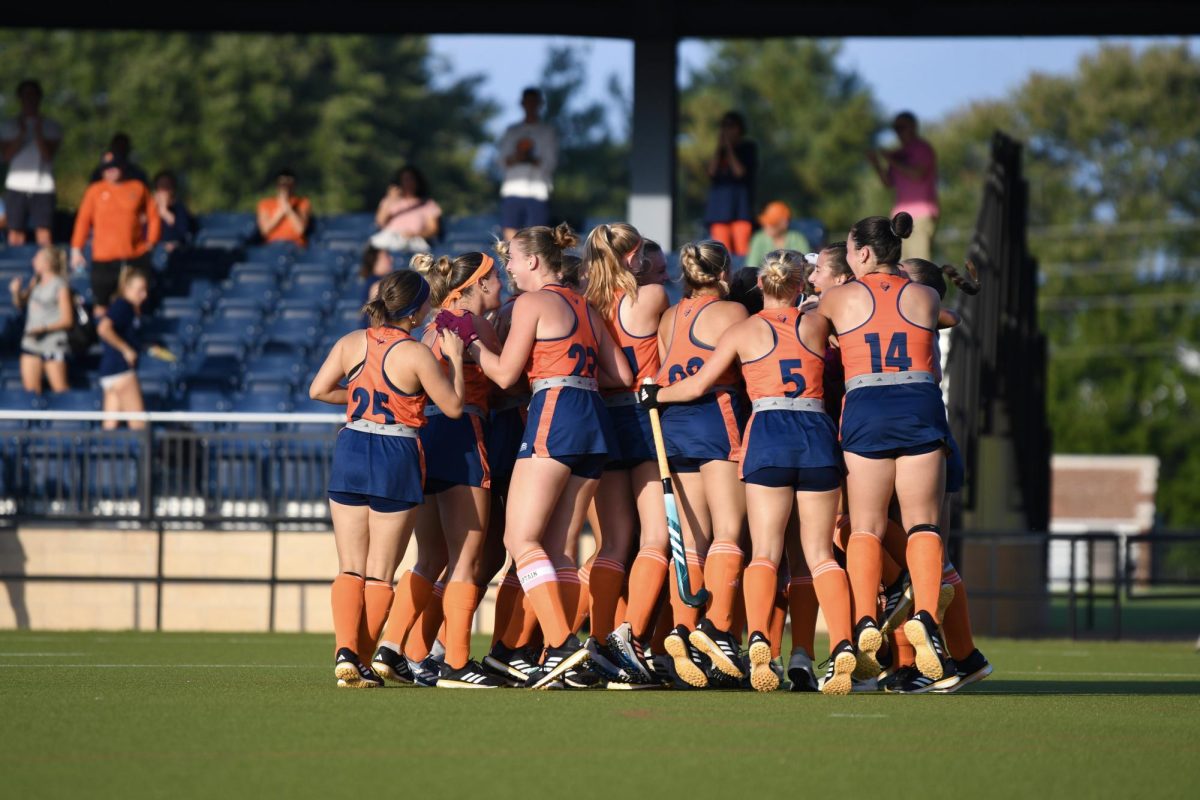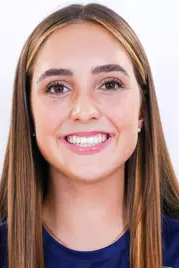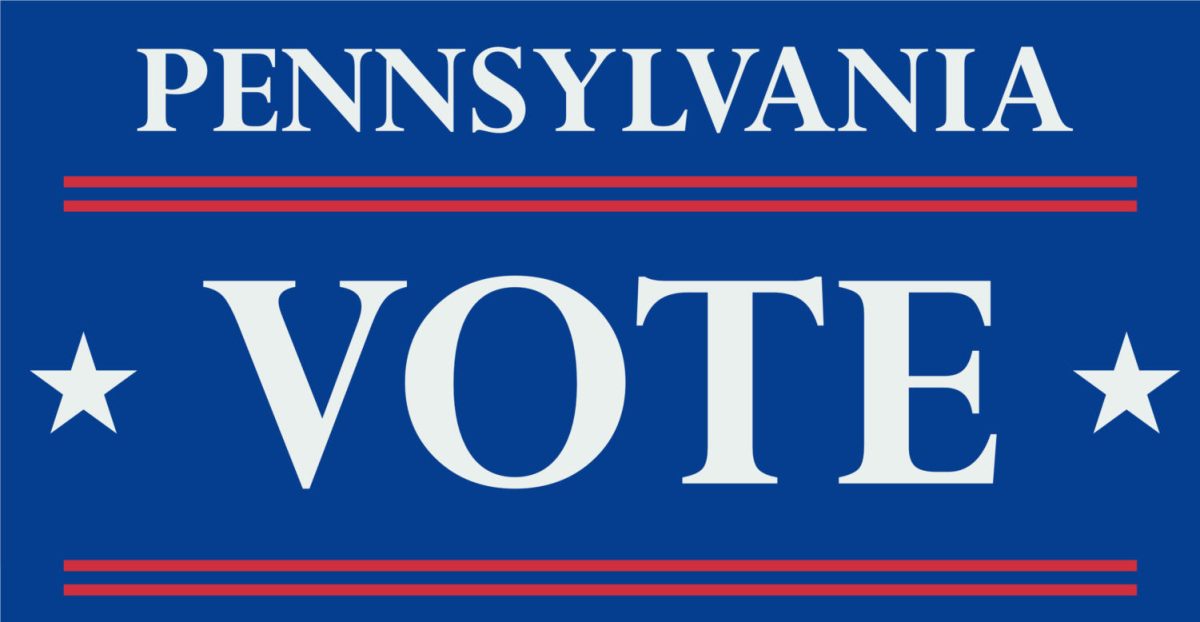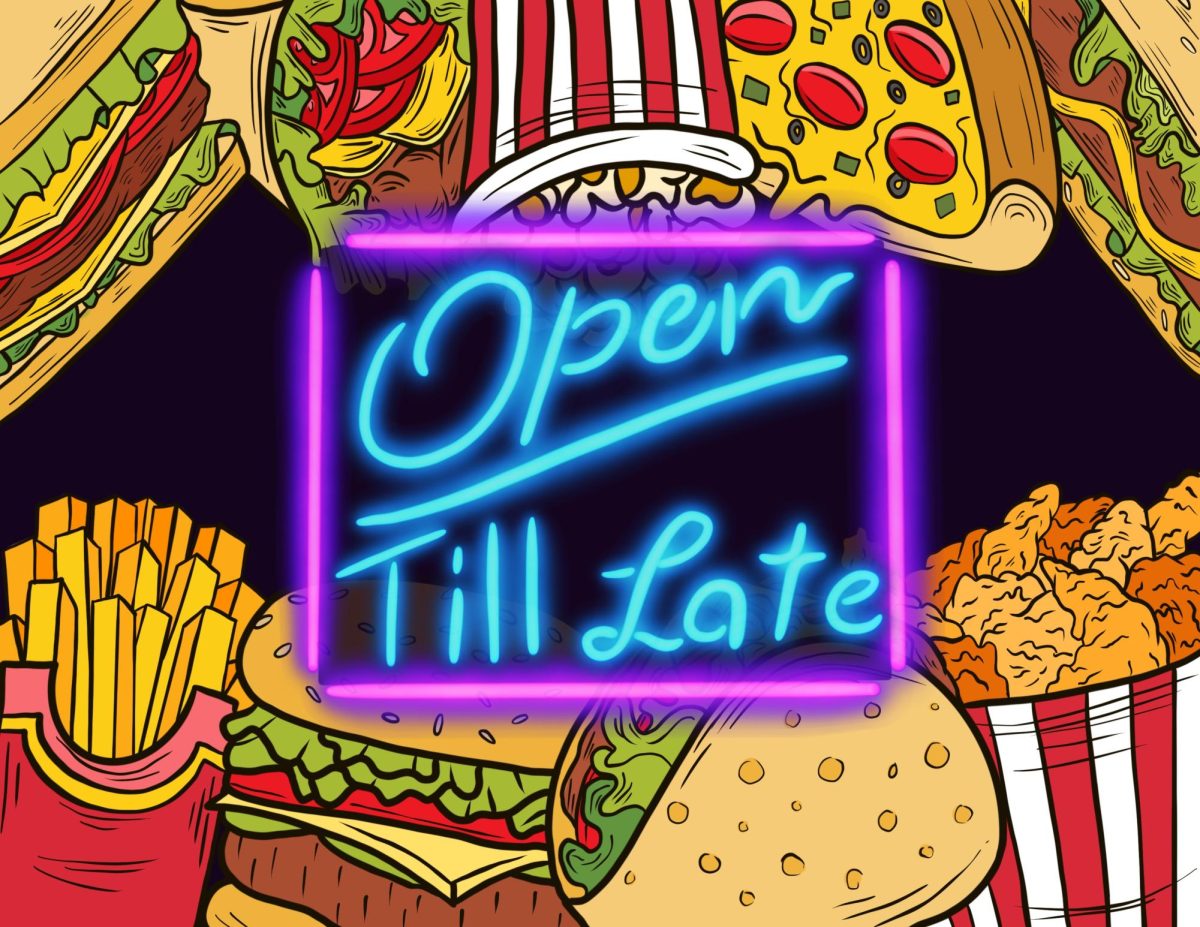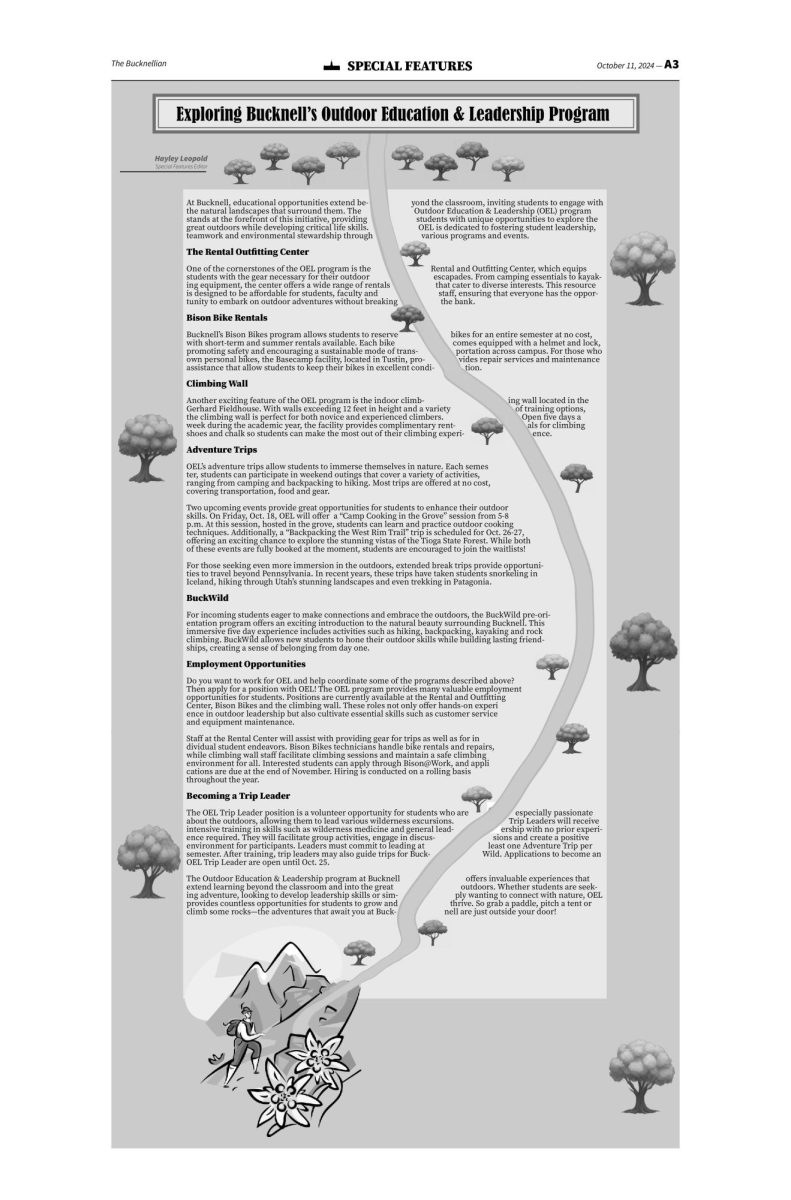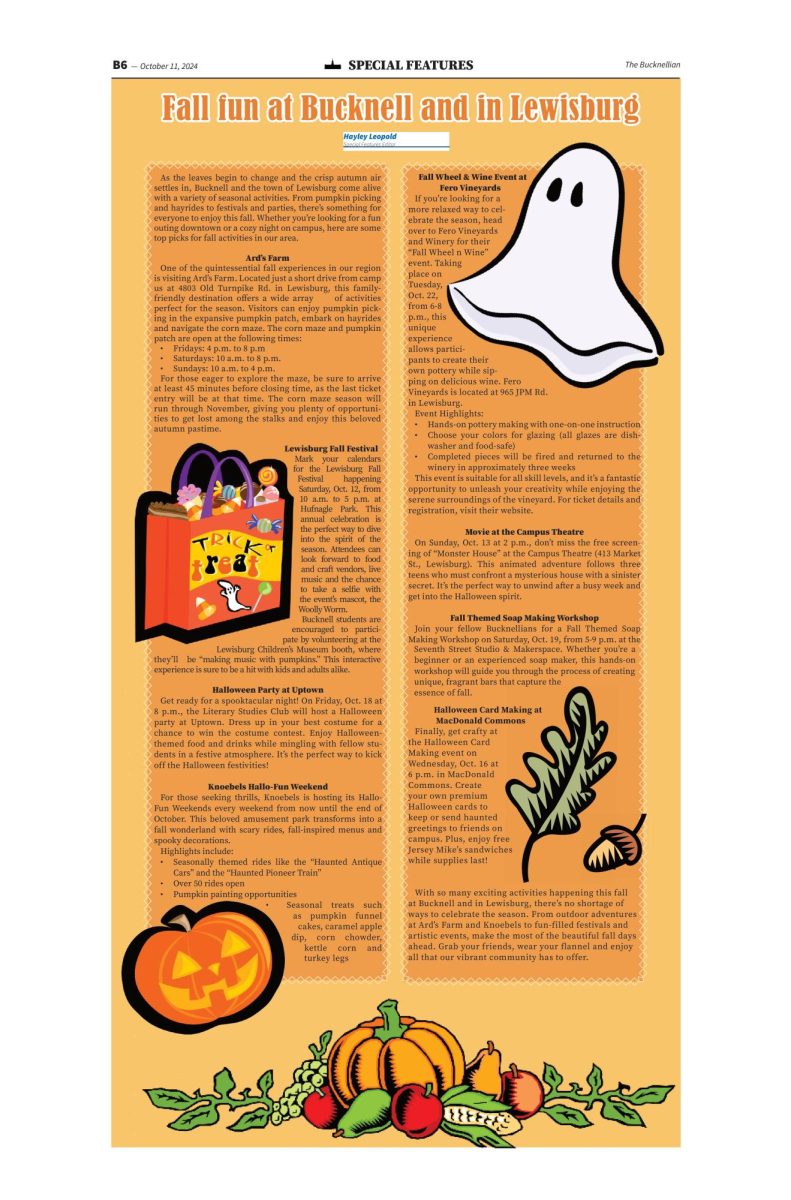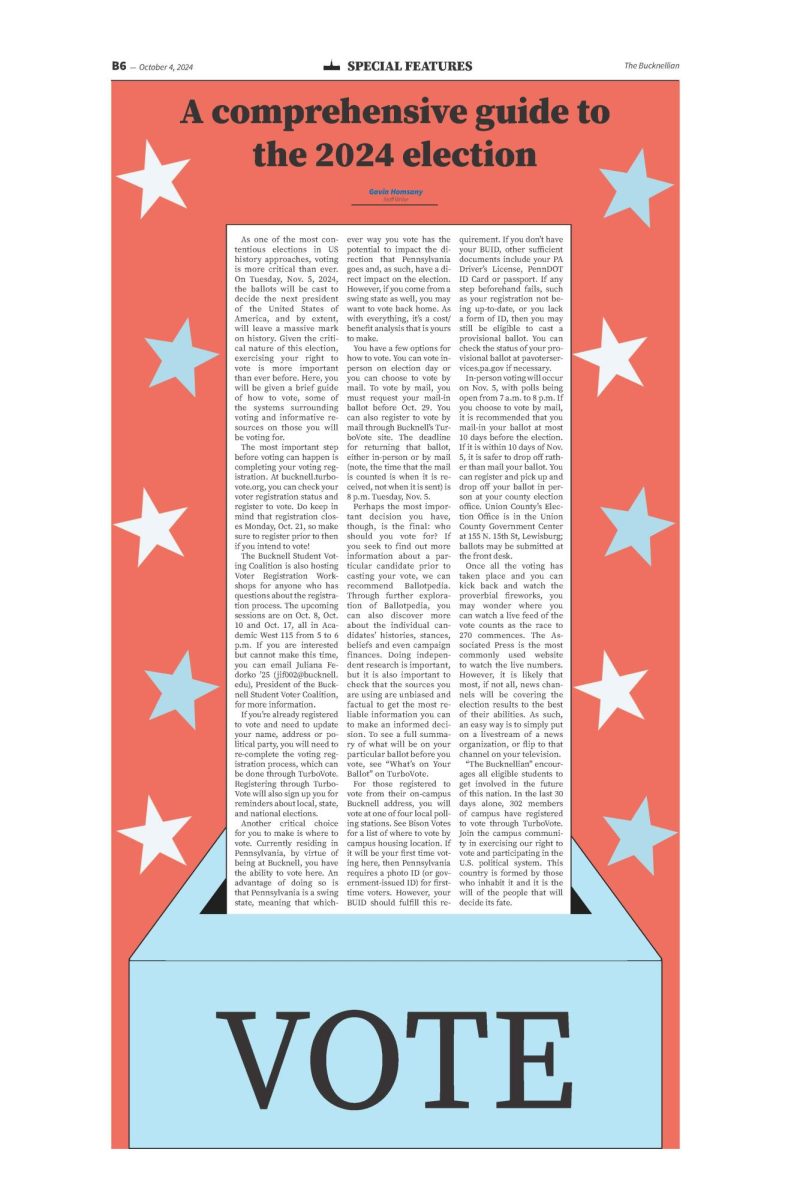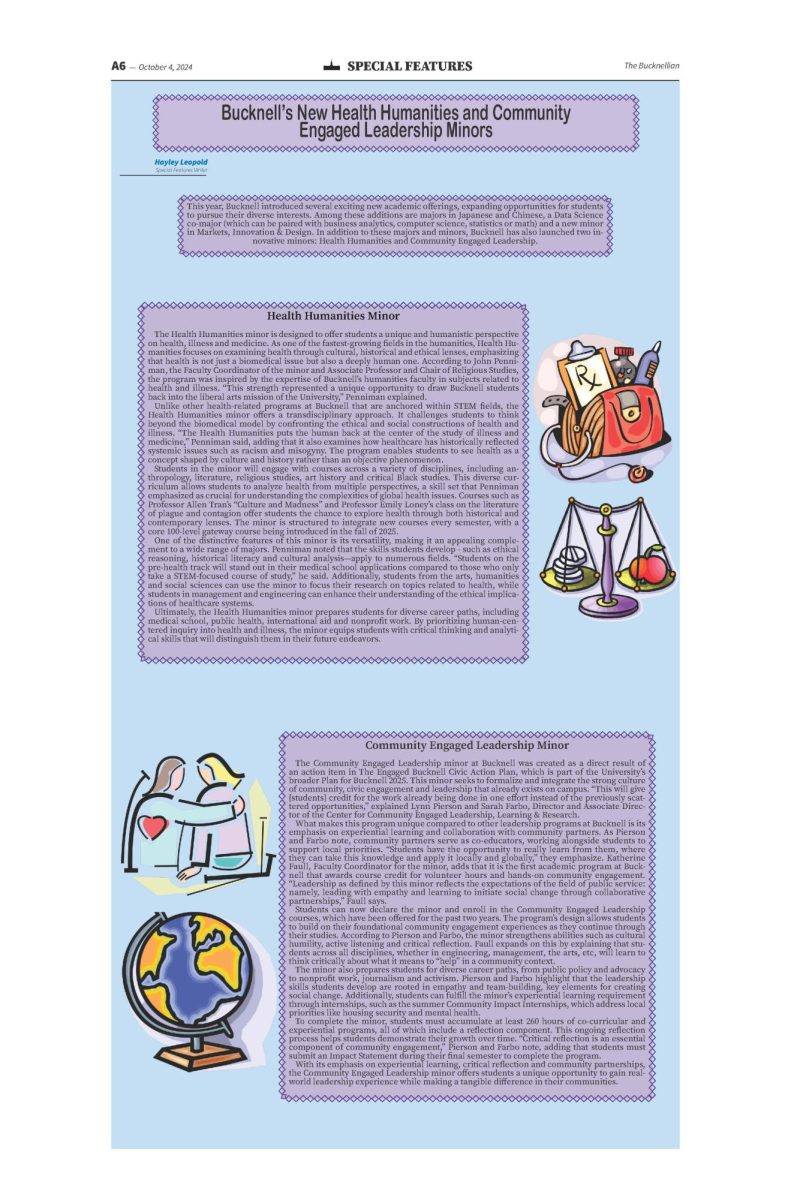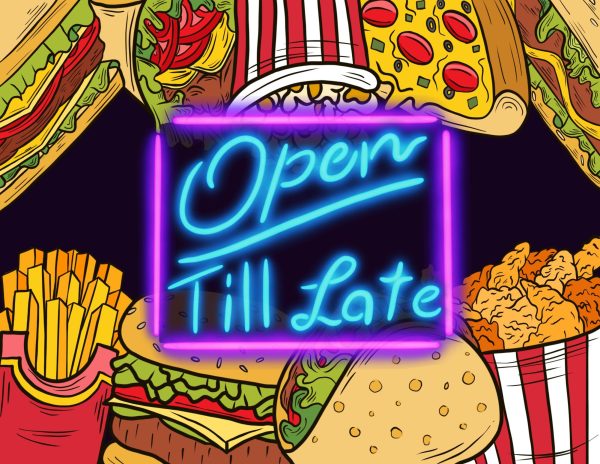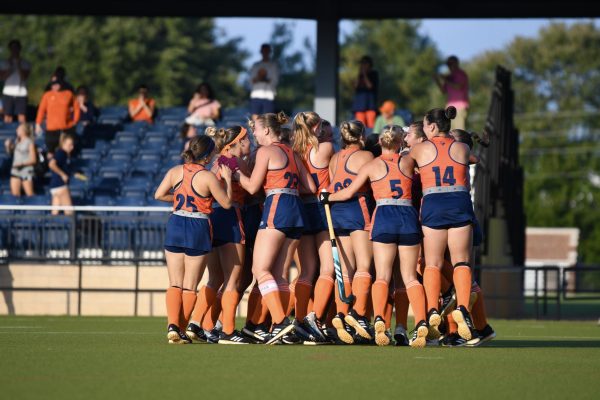Interview with playwright Antoinette Nwanda
February 27, 2020
The University welcomed Antoinette Nwanda their most recent Griot Spring Series speaker. Nwanda is an African American playwright who resides in New York and has produced numerous original, unconventional plays that have won various awards.
Most notably, Steppenwolf Theatre Company presented the world premiere of her play “Pass Over,” a mashup of the biblical Exodus story and Samuel Beckett’s well-known play “Waiting for Godot,” which sparked a national conversation about bias in the theatre community. Additionally, her play “Breach: a manifesto on race in america through the eyes of a black girl recovering from self-hate” was billed as a World Premiere at Victory Gardens in 2018.
Nwanda is currently under commission at Echo Theatre Company and Colt Coeur. Her work has been recognized by The Sundance Theatre Lab, The Kennedy Center, The Movement Theatre Company and many more; she has received many honors, including the Whiting Award and various other playwriting awards.
The Bucknellian had the honor of interviewing the playwright on Feb. 26:
Could you share a bit about your background and your path towards becoming a playwright?
I am originally from Los Angeles, Calif. I never really studied or participated in theatre growing up throughout high school; in college, I started getting more interested in theatre, just reading it as text since I was an English major. I have very little performance background but, with that being said, I loved the world of theatre and I loved what I was finally being exposed to. I also grew up in a pretty conservative church, and I find there are so many theatrical elements in churches. So I didn’t really know the theatre world, but it felt very familiar. In college, I started doing a little bit of acting but was more interested in the writing and directing side of it. After college, I went to graduate school in Scotland where things really broke open for me. There’s the International Theatre Festival in Edinburgh every August, and I was able to see different shows from all over the world and just know that this was something I wanted to pursue. After that, I moved to New York and started writing — and just kept writing.
Where do you draw most of your inspiration from?
I think I just have a mind that created stories. Even though I wasn’t a writer growing up, I would always be making up stories in my head, and that was sort of a way for me to cope with my home life and environment. I feel like my imagination was the one place that I had total control. So, most of my work is responses to things that I see in the world and wish I could change—I change it in my head by creating a story that speaks to, or responds to, that thing that I might not feel like I have the power to change in the real world. Additionally, I take other texts that are out there and use them as a starting point to express my own ideas.
What is the most rewarding part of producing plays?
I had the experience very recently where the play turned into something that didn’t feel like something I had written anymore — it’s like I had let it go. It’s like that idea of something being finished, not because it’s perfect but because it’s the best version of itself that it could be. It was deeply satisfying because there was no part of me that wanted to change it. I was like, “Okay, I’m done now,” and “I’m a different person now, I’m going to do something else.” It was out in the world, it wasn’t mine anymore.
What is the purpose behind most of the plays you produce? What do you hope audiences will take away from them?
I do think that one of the things that I retain is that there are three spaces in our society where people come together and expect to have a transformative experience: school, church and the theatre. So, my work in the theatre draws from my experiences in school and church. I feel that there is a community and a narrative in them that hopefully helps people open themselves up and get the fuel they need to answer the questions or make the changes or understand something that they didn’t understand before. That’s what I’m hoping for — just some transformation.
How do you define black radical thought?
My definition of black radical thought is thought that centers on the health, vitality and future of disparate black communities. It’s any sort of thought that, by its existence, pushes back against patriarchy and climate corruption, climate change to me is a black lives matter issue; and it’s anything that’s womanist, anything that believes in the integrity of the marginalized. I’m all about black women, that’s radical—listen to black women, that’s a radical thought.
In your words, how does art, as a whole or specifically to the theater, relate to that concept of black radical thought?
It’s really the space where you can try things out. I mean, on a certain level, I do think that I am a cultural experimenter. I would much rather see a play or film that thinks about an idea and gives us a chance to think if it works or not before we implement it. There are too many times that we as a society don’t think things through enough. I really do feel that the theater specifically, because it is so magical, is a space to start from zero because your imagination is the only limit.
What do you hope students will take away from your talk tonight?
I want students to leave with openness and curiosity. I was talking to someone recently about what it would be like if we rewrote the Constitution, I think we’re at that point. So just who in that audience is going to rewrite the Constitution? Who in that audience is going to embrace those two ideas of openness and curiosity to face the issues that feel so impossible? Nothing is fixed, nothing is set in stone — if there’s something in the system that feels that it can be done better, let’s re-do it.
Nwandu’s talk on Wednesday evening was titled, “Black Radical Thought: A Conversation,” and it marks the third event in this year’s Griot Spring Series. The next two events in this series will feature Dayo Gore, Professor in the Ethnic Studies Department and Critical Gender Studies at UC–San Diego, and Ishmael Reed, an American poet and activist.
